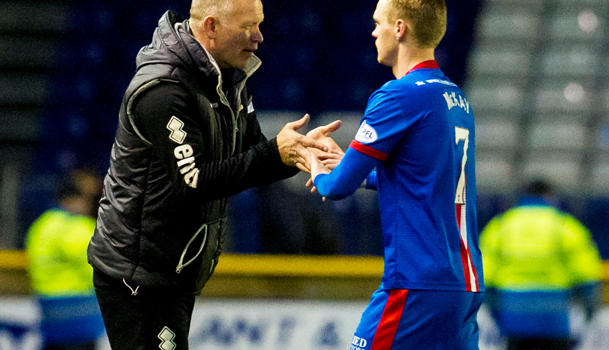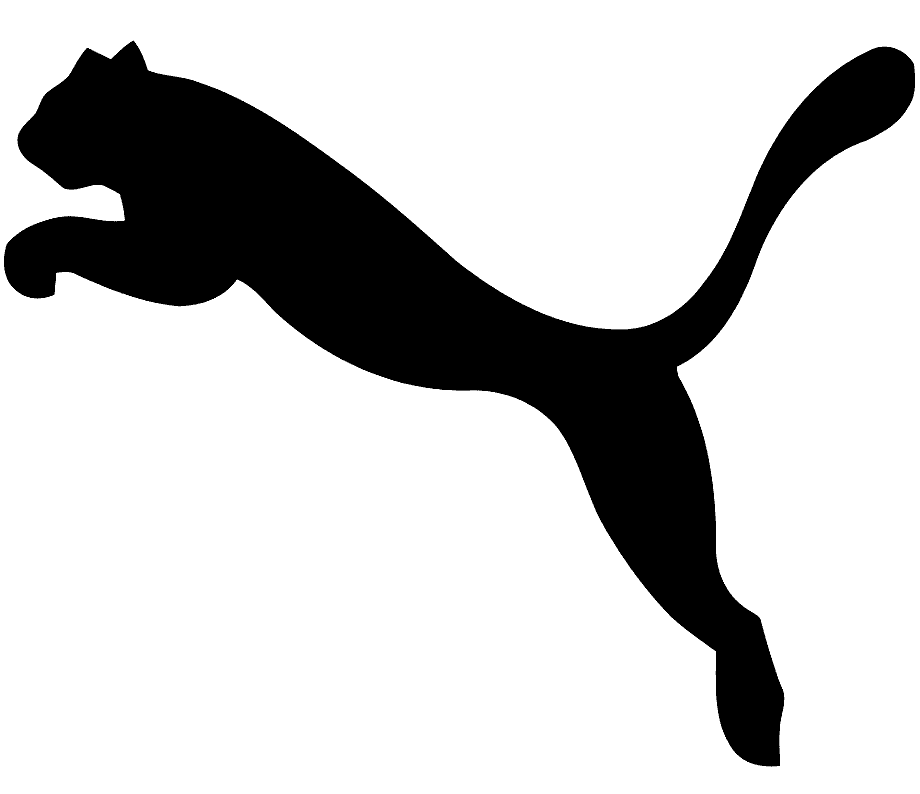We are four and a half months into the 2014-15 season, and as patterns emerge and it becomes clearer which clubs might be facing a long, hard winter, in various boardrooms thoughts will be turning to future strategies.
Key among the decisions to be taken – is our manager going to be the right one to see us through the campaign? For a number of teams, the answer has already been no.
Nine clubs have experienced managerial upheaval across the 42 in the SPFL. Those changes have come for a variety of reasons - Elgin City and Stirling Albion had been struggling at the foot of League 2 and League 1 respectively, Ayr United let Mark Roberts go this week, John McGlynn and Jim Jefferies have now left their posts, while Queen of the South had to make a new appointment, James Fowler, after Jim McIntyre left for Ross County.
The Dingwall side were first to act this season after their poor start - the next departure in the top flight was that of Stuart McCall, who felt he had done all he could with Motherwell and, more recently, St Mirren parted company with Tommy Craig.
It means that just three quarters of the Premiership clubs are still being led by the same boss they kicked-off with. How long that remains the case will be determined by results, and how directors interpret them.
We can all point to managers who we feel might potentially be in the firing line, just as we can all highlight those who, right now, appear ‘bomb-proof’.
To be honest, that probably applies to the bulk of top-flight bosses, the majority of whom are either enjoying highly impressive seasons or, in the cases of Derek McInnes and Tommy Wright, have recent memorable successes on their CVs.
I have written previously about Alex Neil, who is flourishing as Hamilton manager, Jackie McNamara continues to impress at Dundee United, and, across the road, Paul Hartley seems to be fulfilling the managerial promise identified by all who know him.
Of all the bosses, however, special praise has to given to John Hughes for the fine work he is continuing with Caley Thistle, having just celebrated his first anniversary in the job, albeit not quite in the way he would have hoped, losing heavily to Partick Thistle.
It is fair to say his appointment last December was not greeted with uniform acclaim. He faced an incredibly tough challenge in replacing the highly popular Terry Butcher at Inverness, and the team struggled initially, winning just one of his first seven games in charge. He led them through the League Cup semi-final, but ultimately lost out to Aberdeen, and there were some heavy defeats in the second half of the season.
But he very comfortably secured a top-six finish, made little or no change to the squad over the summer, worked with those players in impressing upon them his football philosophy, and that seems now to be paying rich dividends.
They have lost just four league games so far, have the joint second-best defensive record in the league, easily romped through to the fifth round of the Scottish Cup, and, until last weekend, had turned the Tulloch Caledonian Stadium into something of a fortress, building up a 12-match unbeaten run stretching all the way back to the start of April.
What John seems to have done is to take the best of what Terry Butcher had going at the club, and to slowly add whatever ingredients he felt necessary. The mix looks to be perfect, and there seems every reason to believe he and the team will continue to flourish, with European football in the Highlands a very real prospect come summer 2015.
You can follow Richard Gordon on Twitter @RichardGordon48





.png)












